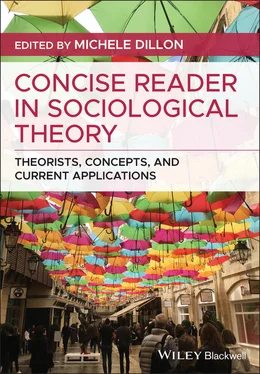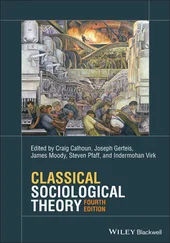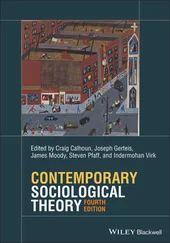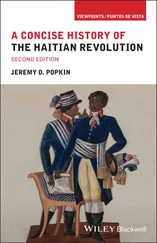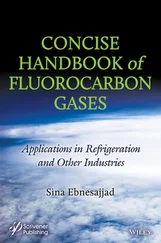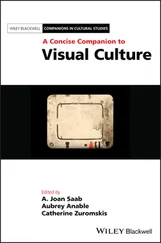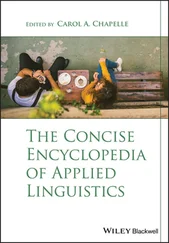1 ...7 8 9 11 12 13 ...19 Political economy conceals the estrangement inherent in the nature of labour by not considering the direct relationship between the worker (labour) and production . It is true that labour produces wonderful things for the rich – but for the worker it produces privation. It produces palaces – but for the worker, hovels. It produces beauty – but for the worker, deformity. It replaces labour by machines, but it throws one section of the workers back to a barbarous type of labour, and it turns the other section into a machine. It produces intelligence – but for the worker, stupidity, cretinism.
The direct relationship of labour to its products is the relationship of the worker to the objects of his production . The relationship of the man of means to the objects of production and to production itself is only a consequence of this first relationship – and confirms it. We shall consider this other aspect later. When we ask, then, what is the essential relationship of labour we are asking about the relationship of the worker to production.
Till now we have been considering the estrangement; the alienation of the worker only in one of its aspects, i.e., the worker’s relationship to the products of his labour . But the estrangement is manifested not only in the result but in the act of production , within the producing activity itself. How could the worker come to face the product of his activity as a stranger, were it not that in the very act of production he was estranging himself from himself? The product is after all but the summary of the activity, of production. If then the product of labour is alienation, production itself must be active alienation, the alienation of activity, the activity of alienation. In the estrangement of the object of labour is merely summarised the estrangement, the alienation, in the activity of labour itself.
What, then, constitutes the alienation of labour?
First, the fact that labour is external to the worker, i.e., it does not belong to his intrinsic nature; that in his work, therefore, he does not affirm himself but denies himself, does not feel content but unhappy, does not develop freely his physical and mental energy but mortifies his body and ruins his mind. The worker therefore only feels himself outside his work, and in his work feels outside himself. He feels at home when he is not working, and when he is working he does not feel at home. His labour is therefore not voluntary, but coerced; it is forced labour . It is therefore not the satisfaction of a need; it is merely a means to satisfy needs external to it. Its alien character emerges clearly in the fact that as soon as no physical or other compulsion exists, labour is shunned like the plague. External labour, labour in which man alienates himself, is a labour of self‐sacrifice, of mortification. Lastly, the external character of labour for the worker appears in the fact that it is not his own, but someone else’s, that it does not belong to him, that in it he belongs, not to himself, but to another. Just as in religion the spontaneous activity of the human imagination, of the human brain and the human heart, operates on the individual independently of him – that is, operates as an alien, divine or diabolical activity – so is the worker’s activity not his spontaneous activity. It belongs to another; it is the loss of his self.
As a result, therefore, man (the worker) only feels himself freely active in his animal functions – eating, drinking, procreating, or at most in his dwelling and in dressing‐up, etc.; and in his human functions he no longer feels himself to be anything but an animal. What is animal becomes human and what is human becomes animal.
Certainly eating, drinking, procreating, etc., are also genuinely human functions. But taken abstractly, separated from the sphere of all other human activity and turned into sole and ultimate ends, they are animal functions.
We have considered the act of estranging practical human activity, labour, in two of its aspects. (1) The relation of the worker to the product of labour as an alien object exercising power over him. This relation is at the same time the relation to the sensuous external world, to the objects of nature, as an alien world inimically opposed to him. (2) The relation of labour to the act of production within the labour process. This relation is the relation of the worker to his own activity as an alien activity not belonging to him; it is activity as suffering, strength as weakness, begetting as emasculating, the worker’s own physical and mental energy, his personal life – for what is life but activity? – as an activity which is turned against him, independent of him and not belonging to him. Here we have self‐estrangement , as previously we had the estrangement of the thing .
||XXIV| We have still a third aspect of estranged labour to deduce from the two already considered.
Man is a species‐being, not only because in practice and in theory he adopts the species (his own as well as those of other things) as his object, but – and this is only another way of expressing it – also because he treats himself as the actual, living species; because he treats himself as a universal and therefore a free being.
The life of the species, both in man and in animals, consists physically in the fact that man (like the animal) lives on inorganic nature; and the more universal man (or the animal) is, the more universal is the sphere of inorganic nature on which he lives. Just as plants, animals, stones, air, light, etc., constitute theoretically a part of human consciousness, partly as objects of natural science, partly as objects of art – his spiritual inorganic nature, spiritual nourishment which he must first prepare to make palatable and digestible – so also in the realm of practice they constitute a part of human life and human activity. Physically man lives only on these products of nature, whether they appear in the form of food, heating, clothes, a dwelling, etc. The universality of man appears in practice precisely in the universality which makes all nature his inorganic body – both inasmuch as nature is (1) his direct means of life, and (2) the material, the object, and the instrument of his life activity. Nature is man’s inorganic body – nature, that is, insofar as it is not itself human body. Man lives on nature – means that nature is his body , with which he must remain in continuous interchange if he is not to die. That man’s physical and spiritual life is linked to nature means simply that nature is linked to itself, for man is a part of nature.
In estranging from man (1) nature, and (2) himself, his own active functions, his life activity, estranged labour estranges the species from man. It changes for him the life of the species into a means of individual life. First it estranges the life of the species and individual life, and secondly it makes individual life in its abstract form the purpose of the life of the species, likewise in its abstract and estranged form.
For labour, life activity, productive life itself, appears to man in the first place merely as a means of satisfying a need – the need to maintain physical existence. Yet the productive life is the life of the species. It is life‐engendering life. The whole character of a species – its species‐character – is contained in the character of its life activity; and free, conscious activity is man’s species‐character. Life itself appears only as a means to life .
The animal is immediately one with its life activity. It does not distinguish itself from it. It is its life activity . Man makes his life activity itself the object of his will and of his consciousness. He has conscious life activity. It is not a determination with which he directly merges. Conscious life activity distinguishes man immediately from animal life activity. It is just because of this that he is a species‐being. Or it is only because he is a species‐being that he is a conscious being, i.e., that his own life is an object for him. Only because of that is his activity free activity. Estranged labour reverses this relationship, so that it is just because man is a conscious being that he makes his life activity, his essential being , a mere means to his existence .
Читать дальше
